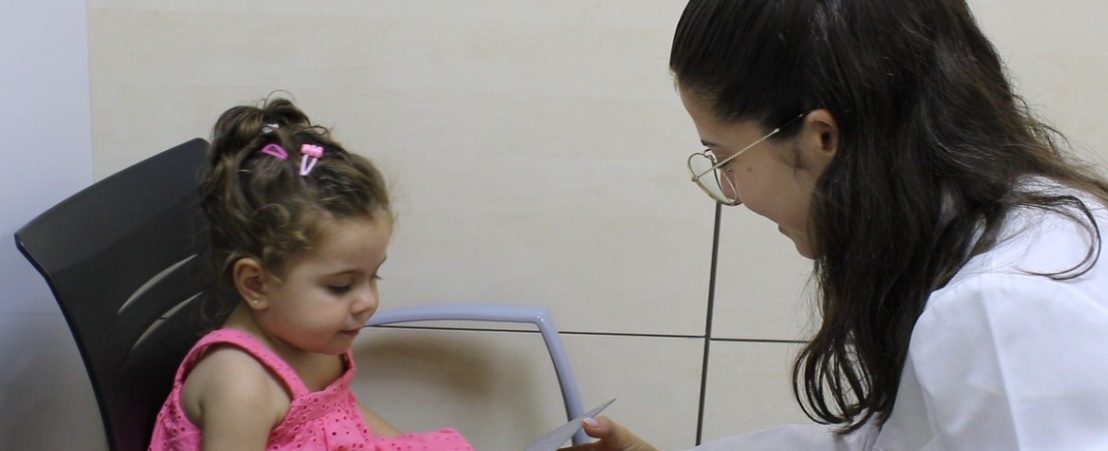
September in many countries means returning from the holidays and going back to school, back to work, back to daily responsibilities. But that also often means going back to habits that are not entirely healthy or finding yourself in situations that require attention in terms of eye health, such as overexposure to screens, stress or poor performance at school or work.
Here are the most common visual problems in these environments and what to do to avoid them.
People who spend several hours a day using screens, like those in the computer or cellphone, have a higher chance of suffering astenopathy or visual fatigue, a condition caused by constant overstraining of the eyes to focus at close distances. It may cause dry eye syndrome, itchiness, eyelid tremors or swelling, or blepharitis, headache, light hypersensibility, blurry vision or even temporary vision loss.
Moreover, charging our visual system like this could enhance myopia, a problem that is still growing among the population.
On the other hand, the blue light emitted by the screens of electronic devices may have negative effects on sleep. Even though it is not proven whether this light is harmful for the eyes, it is known to affect the circadian rhythm, the natural cycle of wakefulness and sleep. Excessively exposing oneself to these displays could hinder the ponerse en exceso podría dificultar the conciliation of sleep at night. That is why it is recommendet to limit the time spent in front of the screen during the two to three hours before to going to bed.
With the return to routine, it is easy for stress to increase, even without one realizing it. Among the many adverse health effects that it can cause, there are various eye health problems:
Having good eye health is fundamental to face going back to school. Multiple studies show that often poor performance in school has its origin in a problem in vision, such as amblyopia (lazy eye) or refractive deffects (myopia, hyperopia, astigmatism).

During ophthalmology visits we can diagnose and start treatments for most of these problems (and therefore also for their consequences in the learning process) during childhood. That is why it is necessary to regularly schedule ophthalmological check-ups for children: the first one can be from the age of 18 months (if there is no pre-existing problem or condition), and from the age of 3-4 years onwards it will have to be repeated on an annual basis. Obviously, it will also be necessary to go to the ophthalmologist or the emergency room if symptoms or anomalies are detected in their vision.
To enjoy good eye health and avoid falling into any of the negative effects during the return to routine, it is important to have eye examinations when necessary, according to one’s age, lifestyle and family history.
Basic rules of visual hygiene can also be followed during sedentary activities in which sight plays a key role, such as studying, working in front of a screen, reading, watching television, etc.:
In addition, it is important to lead a healthy life, for your eyesight as well. We recommend a balanced diet rich in vitamin A, a good night’s rest, exercise and outdoor activities whenever possible.
Contact us or request an appointment with our medical team.